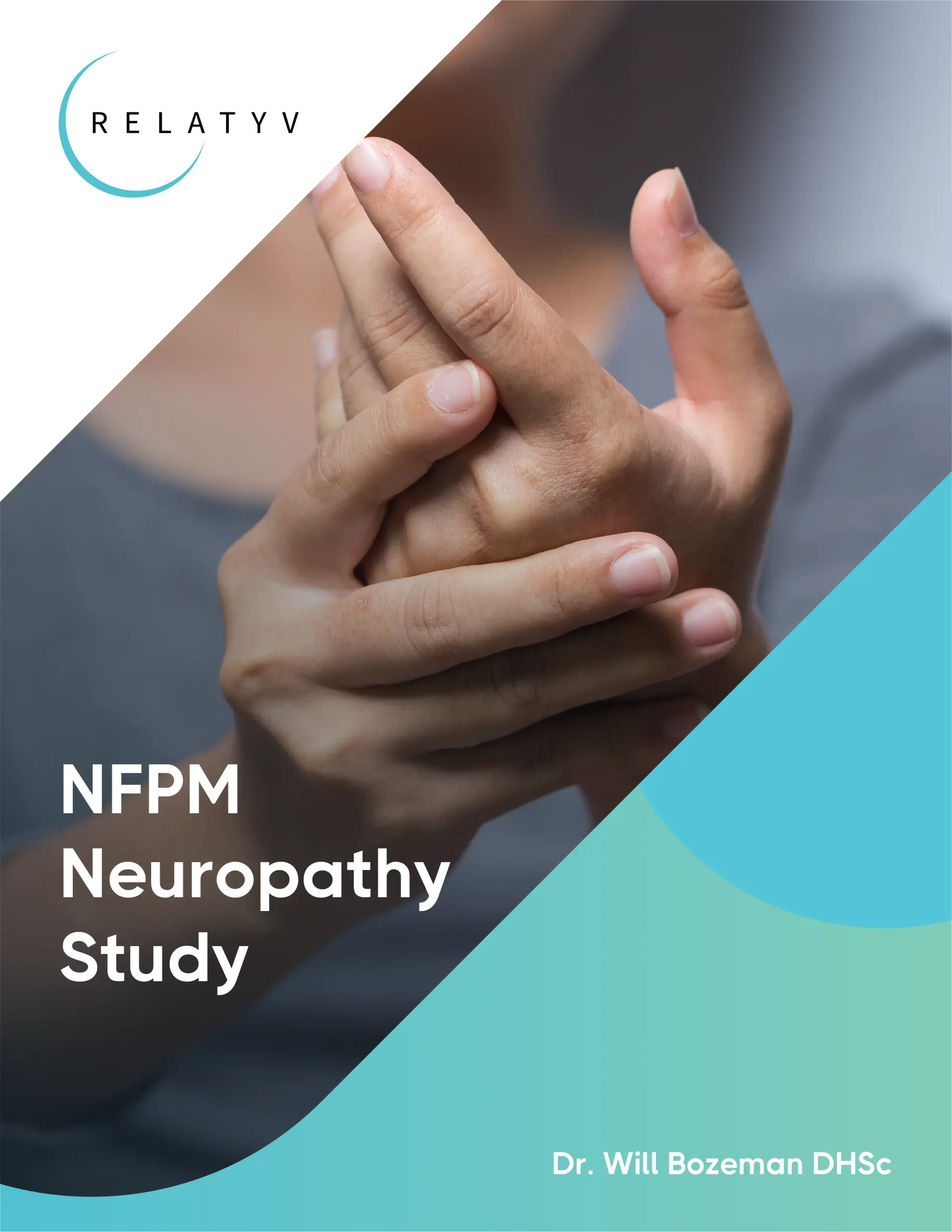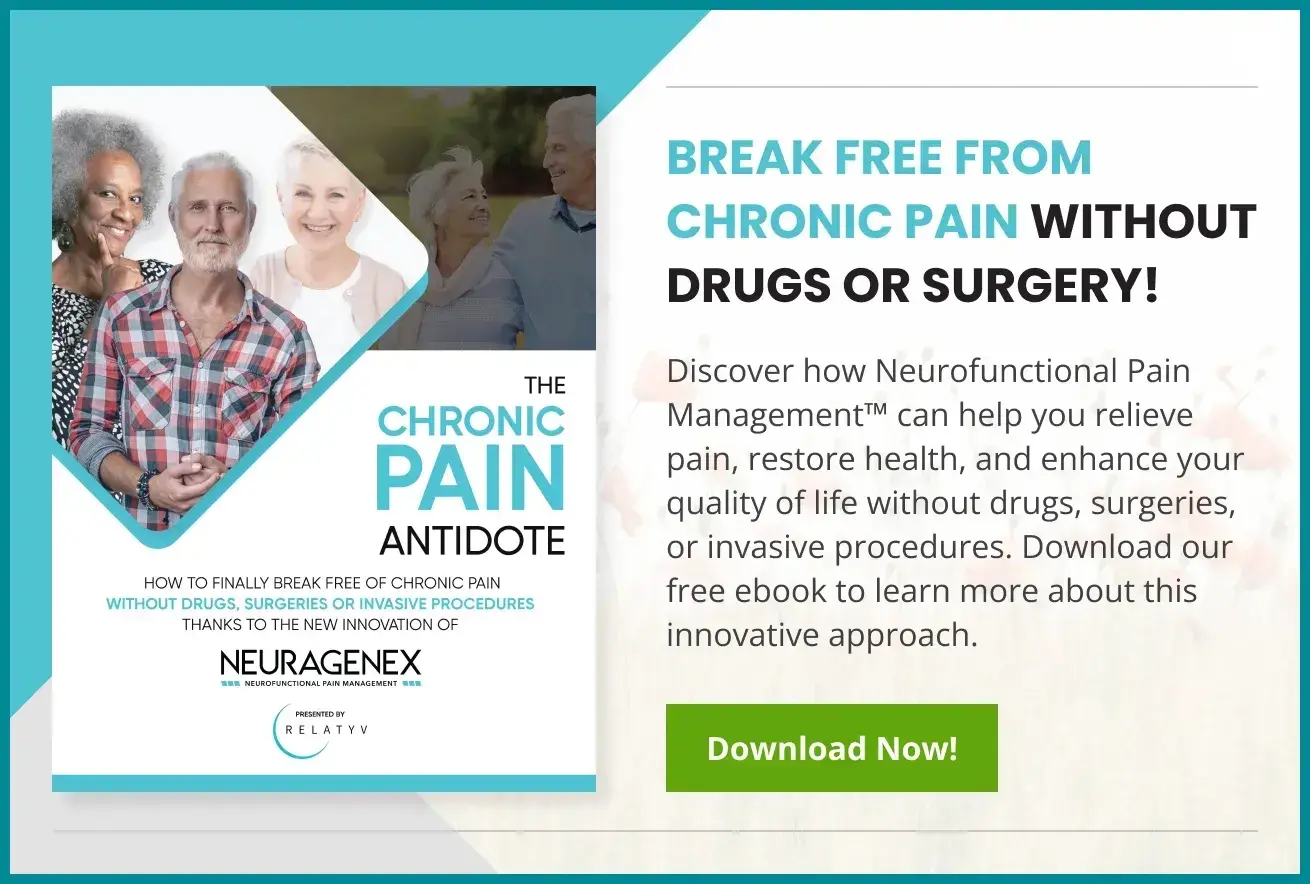Any stomach or intestinal discomfort can be a major disruption, causing significant physical and emotional distress. Even if it’s temporary, it can throw a wrench in your day-to-day routine. However, for individuals diagnosed with ulcerative colitis (UC), these symptoms can be a regular occurrence.
It’s estimated that 750,000 people in North America are currently living with ulcerative colitis. While there is no known cure for this chronic inflammatory bowel disease (IBD), understanding the symptoms, causes, and available treatments can help you manage your condition effectively.
What Is Ulcerative Colitis?
Ulcerative colitis is a chronic inflammatory disease that affects the large intestine. It is characterized by inflammation and sores in the colon’s inner lining and the rectum, which can cause various symptoms that include abdominal pain, diarrhea, and rectal bleeding. Despite its similarities to Crohn’s disease, which is also a form of IBD, ulcerative colitis is a distinct condition that affects only the colon and rectum. This differentiation is important to understand as it influences treatment approaches and management strategies for both diseases.
Where In The Body Does It Occur?
Ulcerative colitis primarily affects the large intestine, specifically the colon and rectum. The large intestine is the final part of the digestive system. The purpose of the large intestine is to absorb electrolytes and water from digested food before it is eliminated as waste. It starts at the cecum, a pouch-like structure in the lower right abdomen, and twists and turns its way to the rectum, which lies just above the anus.
The inflammation is typically continuous, beginning at the rectum and spreading upwards towards the colon. In some cases, however, it may only affect certain portions of the colon.
Types Of Ulcerative Colitis
There are several different types of UC. The condition is classified depending on the extent and severity of inflammation in the colon. These types include:
- Ulcerative proctitis: Ulcerative proctitis is a type of ulcerative colitis that affects the rectum and the innermost lining of the colon. It is considered the mildest form of UC. It causes inflammation and ulcers in the rectal area, leading to symptoms such as rectal bleeding and pain during bowel movements.
- Proctosigmoiditis: Proctosigmoiditis involves inflammation of the rectum and the sigmoid colon, which is the “S” shaped curve of the colon near the rectum. Symptoms may include bloody diarrhea, urgency, and cramping in the lower abdomen.
- Left-sided colitis: Left-sided colitis affects the left side of the colon from the rectum up to a certain point. It can cause inflammation, ulceration, and bleeding in the sigmoid colon and descending colon. Symptoms can include weight loss, abdominal pain, and bloody diarrhea.
- Pancolitis: Pancolitis or universal colitis affects the entire colon from the rectum to the cecum. It is considered the most severe type of UC and can lead to symptoms such as severe diarrhea, dehydration, abdominal pain, and weight loss.
- Acute severe ulcerative colitis: This type of UC is characterized by severe inflammation in the colon, leading to life-threatening complications such as toxic megacolon and sepsis. It requires immediate medical attention and often involves hospitalization.
What Causes Interstitial Cystitis?
The exact cause of UC is still unknown. However, researchers believe that the following factors may play a role in the development of this condition:
- Genetics: Studies have shown that having a family history of UC can increase your risk of developing the disease.
- Immune system dysfunction: An abnormal immune response to bacteria or viruses in the digestive tract may trigger inflammation in the colon.
- Environmental factors: Some environmental factors, such as air pollution, diet, infections, exercise, and sleep habits, may also play a role in the development of UC.
- Age and ethnicity: Although UC can develop at any age, it is more commonly diagnosed in people between 15 and 30. It also tends to affect Caucasians more than other ethnicities.
- Microbiome imbalance: The gut microbiome (the community of microorganisms living in your digestive system) may also play a role in UC. An imbalance in the microbiome has been linked to inflammation and disease development.
- Autoimmune disorder: Some researchers believe that UC may be an autoimmune disorder where the immune system attacks healthy tissue in the colon.
- Stress and lifestyle: While stress and lifestyle do not directly cause UC, they can worsen symptoms and trigger flare-ups in those who already have the condition.
- Medications and treatments: Certain medications and treatments, such as antibiotics and nonsteroidal anti-inflammatory drugs (NSAIDs), have been linked to the development of UC.
Risk Factors For Developing The Condition
Because the exact cause of UC is still unknown, it is difficult to pinpoint specific risk factors. However, some of the potential risk factors of UC that have been identified include:
- Genetics: Having a genetic predisposition to autoimmune disorders or inflammatory conditions may also play a role.
- Environment: Exposure to various environmental factors, such as air pollution, diet, infections, exercise, and sleep habits, may also increase the risk of developing UCL.
- Age and ethnicity: As noted above, UC is more commonly diagnosed in people between the ages of 15 and 30 and tends to affect Caucasians more than other ethnicities.
- Family history: Having a family history of UC increases the risk of developing the disease. Studies have shown that if a first-degree relative (parent, sibling, or child) has UC, an individual’s risk increases by approximately 10%.
- Geographic location: It is more prevalent in developed countries, particularly in urban areas with higher socioeconomic status. This could be due to a more Westernized diet and lifestyle.
- Dietary habits: Maintaining a diet that is high in processed and refined foods, low in fiber, and lacking in essential nutrients has been linked to an increased risk of UC.
What Are Ulcerative Colitis Symptoms?
There are many potential symptoms of ulcerative colitis, and they can vary in severity based on the type of UC and the location and extent of inflammation in the colon. Some common symptoms include:
- Diarrhea: Diarrhea is a common symptom of UC, and is often accompanied by abdominal pain and urgency to move the bowel.
- Abdominal pain and cramping: Inflammation in the colon can lead to cramping and abdominal pain, which may be severe in some cases.
- Rectal bleeding: Inflammation and ulcers in the rectum can result in bleeding. This may present as blood in the stool or on toilet paper.
- Tenesmus: Inflammation in the colon and rectum can cause tenesmus, which is a constant feeling of needing to move the bowel, even if no stool is present.
- Fatigue: Chronic inflammation as well as frequent bowel movements can cause fatigue, general weakness, and tiredness.
- Fever: In some cases, UC can cause a fever, which may be a sign of infection or inflammation in the body.
- Loss of appetite: In severe cases of UC, loss of appetite may occur due to frequent diarrhea and abdominal pain.
- Skin and eye problems: UC has been linked to skin conditions like psoriasis and eye problems such as uveitis. This may be due to the body’s inflammatory response affecting other organs and tissues.
- Mouth ulcers: Some people with UC may develop mouth ulcers, which can be painful and make it difficult to eat or drink. This results from inflammation in the digestive tract extending into the mouth.
Digestive Issues
Digestive upset is a common issue we can all experience from time to time. However, if your digestive issues are an ongoing struggle and become more than just a minor inconvenience, perhaps they’re a sign of an underlying condition....
Change In Appearance And Frequency Of Bowel Movements
Bowel movements are a normal part of our daily routine, and their frequency and appearance can vary from person to person....
Read More About Change In Appearance And Frequency Of Bowel Movements
Painful Bowel Movements
The complex anatomy of the gastrointestinal tract and explore the negative implications that can come with experiencing painful bowel...
Joint Pain And Swelling
Joint pain is arguably one of the most common musculoskeletal complaints among adults of all ages. But the fact that this condition is so widespread does not mean that it isn't life-limiting, or that it should be overlooked. Joint pain and swelling can cause...
Stomach Is Swollen and Bloated
Abdominal bloating and swelling, also known as 'abdominal distention,' are two very common yet complex gastrointestinal complaints. Although these terms...
Pain in Peroneus Brevis Tendon
If you have been experiencing pain and swelling on the side of your ankle, the culprit may be a peroneal tendon injury. This tendon plays an essential role in stabilizing the foot and ankle, protecting the joint from abnormal or excessive movements that could...
Tender Lymph Nodes
Everyone has experienced swollen and tender lymph nodes at some point in their life. It’s a common symptom that can be caused by various factors. Although it’s usually not a cause for concern, understanding the underlying reasons behind swollen and tender...
Excess Gas In The Stomach
Are you experiencing stomach bloating or excess gas? Discover the causes, symptoms, and effective remedies to manage gas pain with Neuragenex...
Living With Ulcerative Colitis
Living with UC can be challenging, both physically and emotionally. However, there are a few ways to manage the condition and improve your overall quality of life. Here are some coping strategies that can help individuals living with UC:
- Lifestyle modifications: Making specific modifications to your lifestyle can help reduce your symptoms and improve overall health. Examples include getting regular exercise, quitting smoking, and managing stress levels.
- Dietary considerations: Although there is no one specific diet that has been proven to cure UC, some dietary modifications may help manage symptoms. This can include avoiding trigger foods, such as spicy or high-fiber foods, and incorporating more anti-inflammatory foods into the diet.
- Stress management: Stress has been linked to UC flare-ups, so individuals with the condition need to find ways to manage stress. For instance, practicing relaxation techniques like meditation or deep breathing, seeking therapy or counseling, and finding healthy outlets for your stress, such as exercising or spending time on a hobby.
Possible Late Complications Of UC When Left Untreated
Some of the symptoms may not seem severe, but if UC is left untreated or unmanaged, it can lead to serious complications. These can include:
- Colorectal cancer: Long-term inflammation in the colon can increase the risk of colorectal cancer, which is cancer of the colon or rectum. This risk increases the longer UC goes untreated.
- Toxic megacolon: Toxic megacolon is a rare but life-threatening complication of UC where the colon becomes severely inflamed and dilated, causing it to lose its ability to function properly. This condition can lead to bloating, abdominal pain, and even rupture of the colon.
- Severe anemia: Chronic inflammation in the colon can result in iron deficiency anemia, which occurs when the body does not have enough healthy red blood cells.
- Osteoporosis: UC is associated with a higher risk of developing osteoporosis, a condition in which the bones become brittle and weak. Osteoporosis can result from the malabsorption of essential nutrients and the long-term use of corticosteroids for UC treatment.
- Malnutrition: The chronic inflammation and frequent diarrhea associated with UC can lead to malnutrition, which can occur because your body cannot properly absorb nutrients from food.
Diagnosis And Evaluation Of The Condition
Diagnosing ulcerative colitis can be challenging as it shares symptoms with other digestive conditions. The diagnostic process may involve a combination of the following:
- Medical history discussion: Since genetics and family history can play a role in developing UC, your doctor will ask about your family’s medical history as well as your own.
- Physical exam: Your doctor will check for signs that indicate the presence of inflammation or other abdominal symptoms.
- Endoscopy and colonoscopy: The doctor may examine the inside of the colon and rectum for signs of inflammation and ulcers via either an endoscopy or a colonoscopy. These procedures are done using a thin, flexible tube with a camera on the end.
Conventional Treatment Options
Conventional treatment for ulcerative colitis may involve a combination of medications, lifestyle modifications, and surgery. The goal of treating UC is to reduce inflammation, manage your symptoms, and maintain remission. Here are some conventional treatment options:
- Medications: These may include anti-inflammatory drugs, immunosuppressants, and biologic therapies. Your doctor will recommend medications based on the severity of symptoms and other factors. However, it’s worth noting that these medications may come with side effects, especially with long-term use.
- Lifestyle and dietary modifications: As mentioned earlier, making certain lifestyle changes and incorporating dietary modifications may help manage symptoms of UC. Doctors often recommend avoiding trigger foods, staying hydrated, and incorporating anti-inflammatory foods into the diet.
- Surgery: In some cases, surgery may be necessary if medications and lifestyle modifications do not effectively manage UC symptoms. Surgery may include removing the colon and rectum (proctocolectomy) or creating an opening in the abdomen for waste to pass through (ileostomy). Surgery should always be considered a last resort due to potential complications such as infection, long-term changes in bowel function, and the need for additional surgeries. Also, surgery can be costly.
The Neuragenex Neurofunctional Pain Management For Ulcerative Colitis
We have developed a protocol that takes the Neuragenex Neurofunctional Pain Managementapproach to treating our patients. Essentially, this means that we use various techniques and methods to target the neurological source of pain rather than just masking the symptoms. When it comes to UC, we focus on targeting the inflammation in the colon and rectum, as well as managing stress levels to reduce flare-ups. The following are some of the treatment modalities that we employ to help reduce inflammation and manage pain caused by UC, all of which are drug-free, non-invasive, non-surgical, and non-chiropractic:
Electroanalgesia
Electroanalgesia is a pain management technique that uses high-pulse electrical current to ease pain, boost blood circulation, improve mobility, and induce...
IV Therapy
IV nutritional therapy, or intravenous therapy, involves administering vital nutrients directly to the bloodstream through an IV. This type of treatment bypasses the digestive system, allowing for maximum absorption and utilization of nutrients by the...
Lifestyle Counseling
Lifestyle counseling is an approach to managing chronic pain that involves identifying, assessing, and modifying lifestyle factors contributing to an individual's pain. For example, lifestyle factors such as nutrition, physical activity, stress, sleep quality...
Elevate Your Health With Neuragenex Neurofunctional Pain Management
Living with ulcerative colitis can be challenging, but, fortunately, there are effective ways to manage symptoms and improve overall health. With the Neuragenex Neurofunctional Pain Management approach, we aim to target the neurological causes of inflammation and reduce pain without relying on medications or surgeries that may come with unwanted side effects. By incorporating lifestyle changes, dietary modifications, and various non-invasive treatment modalities, we strive to elevate our patients’ health and well-being.
Stop suffering from pain due to ulcerative colitis.



